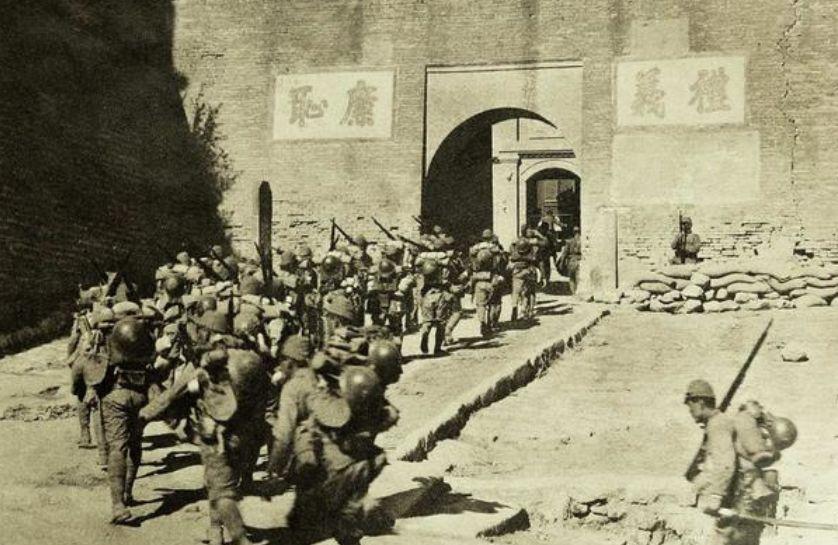During the years of the Republic of China, warlords were at war, bandits were rampant, social order was in chaos, and the masses of the people suffered a lot. The people of the Changyan region lived a miserable life of oppression, exploitation and enslavement. In the rural areas, most of the land is concentrated in the hands of a small number of landlords and rich peasants, and the vast number of toiling peasants work all year round but are not allowed to eat and drink. Some landlords and rich peasants also engage in industry and commerce, exploiting both peasants and workers.
Before the "July 7 Incident", the Pingbei region was located at the junction of three different political and military ruling areas of the pseudo-"Manchukuo" pseudo-"Mongolian-Xinjiang United Autonomous Government" and the pseudo-"North China Autonomous Government". After the "July 7 Incident" in 1937, Japanese imperialism invaded Pingbei, and the Changyan area entered a period of Japanese and puppet rule.
After the brutal rule of the enemy and puppet armies (teams), governments (governments), police (procuratorates), constitutions (soldiers), and special agents (personnel) was established, the Japanese and puppets established a system of armor protection, and most of the village chiefs, armor chiefs, and card chiefs of the grass-roots political power were filled by pro-Japanese elements, traitors, and hooligans among the landlords and squires. The armor protection system implements the "ten households sitting together law", supervising each other, and one person violates the law and sits ten consecutively (that is, ten families are punished).
Under the Japanese and puppet rule, they levied tyrannical expropriations, plundered and plundered, and imposed a lot of harsh taxes and miscellaneous taxes, which overwhelmed the people. There are household donations, land donations, ID card fees, photo fees, etc., and the average household donation is ten yuan per household. "Pseudo-Mongolian Xinjiang" has land donations (generally 10 to 20 yuan per mu), land donations, household registration donations, population donations, housing donations, slaughter taxes, bucket taxes, business taxes, special taxes on smoking bans, "extermination fees", flood funds, and so on, as well as the salaries, office expenses, and expenses of township office staff, all of which are pressed on the heads of peasants. In addition, military quartermasters, personal expenses, hospitality, temporary expenses, and inexplicable extortion, which are apportioned like a bottomless pit in three days and two ends, will never fill the pockets of Japanese and pseudo-personnel.
Not only that, but the people's labor burden is also very heavy, and the villages have to go out of their homes to build roads, build bunkers, build artillery towers, dig blockade ditches, and ask for grain and grass. Japanese puppet military, political, police, constitutional, and special agents need to deliver letters, collect firewood, carry water, cook, sweep the floor, and even their domestic work, and also serve the common people.
In addition to exercising strict political rule and economic plunder, the Japanese also carried out enslavement education and strengthened spiritual rule among the Chinese. They vigorously propagated such deceptive arguments as the "Greater East Asia Co-Prosperity Sphere," "The Promised Land of the King," "The Unity of the Day," "The Unity of the Day and the Manchurians," the "National Peace Association," and the "Eradication of the Communist Party." If anyone showed the slightest dissent, he would be severely suppressed and the people's freedom of speech would be stripped away.
Under the cruel oppression of The Japanese and the Pseudo-Japanese, social unrest, local unrest, and darkness, people live a life of fear and fear all day long. After years of war, the economy is on the verge of collapse, and poor peasants are running out of food and clothing, struggling on the death line.
